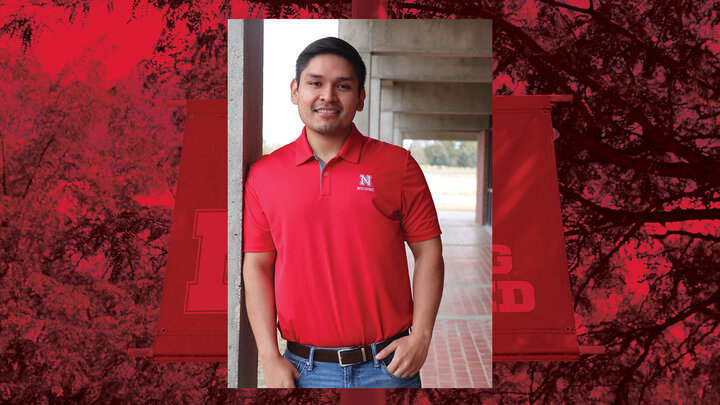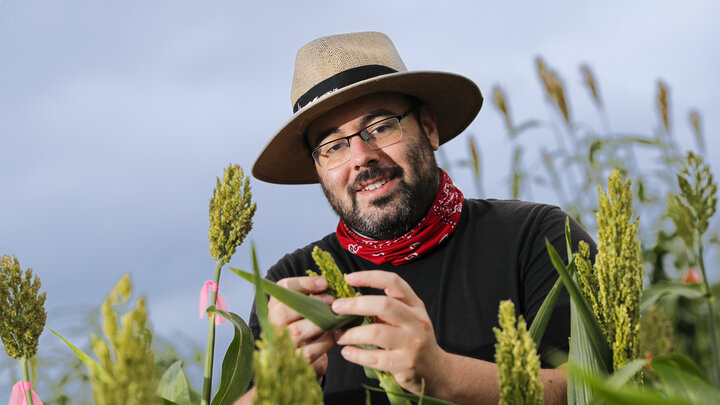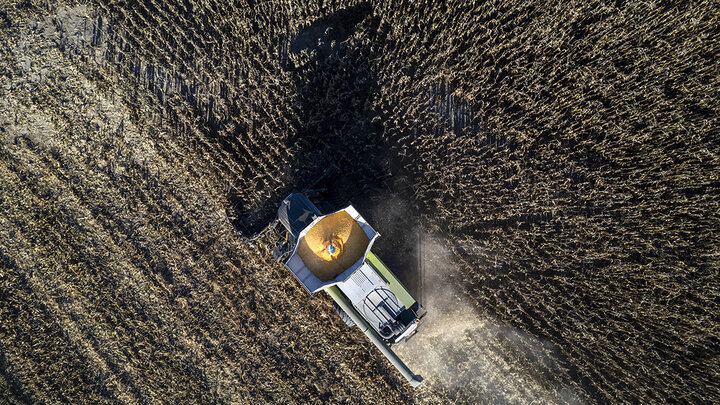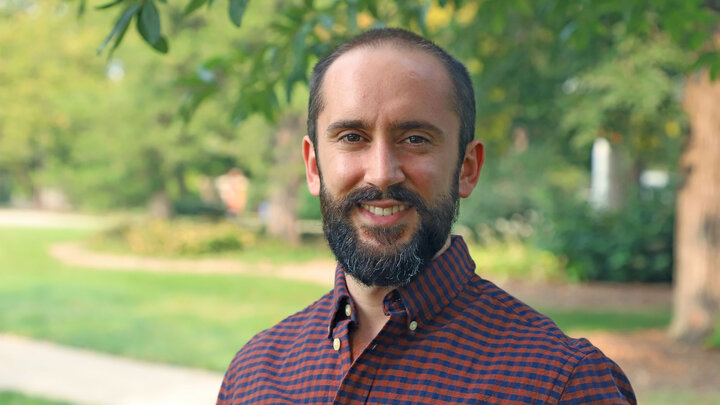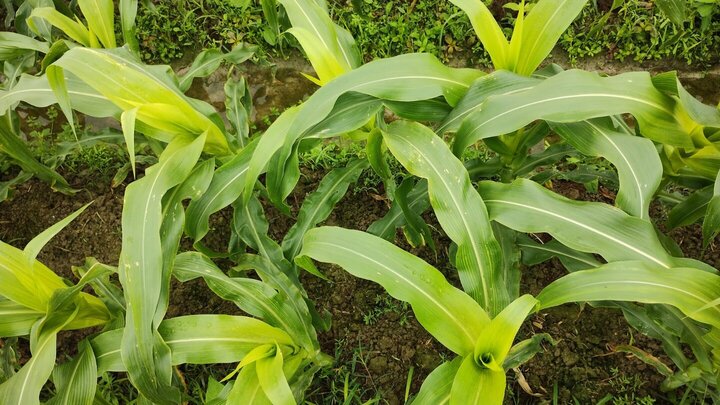Joshua Miranda Teo, University of Nebraska–Lincoln graduate student in agronomy and horticulture, received the Western Society of Weed Science Elena Sanchez Outstanding Student Award during the virtual 2021 annual meeting March 1–4. This award goes to outstanding WSWS student members currently conducting research relevant to weed science.
Miranda Teo’s poster titled “Palmer Amaranth Interference and Seed Production in Dry Edible Bean” also received first-place in Weeds of Agronomic Crops poster contest. In the poster he explained how Palmer amaranth has become prevalent in western Nebraska in the past five years. His field study quantified the impact of season-long Palmer amaranth interference in dry beans, utilizing different densities. At the highest density level tested, two Palmer amaranth plants per meter of row resulted in an 86 percent reduction in dry bean yield. He also found that Palmer amaranth was able to produce 107,000 to 297,000 seeds per plant. Integrated weed management approaches must be applied to control Palmer amaranth given the severe crop yield reduction and high seed production.
Miranda Teo also received first place in the Weeds of Agronomic Crops section at the 2021 Weed Science Society of America student poster and presentation contests.
Working toward a master’s degree in agronomy, Miranda Teo is specializing in weed science and plans to graduate May 2022. He is advised by Nevin Lawrence, assistant professor in agronomy and horticulture and weed management specialist at the Panhandle Research and Extension Center, Scottsbluff.
Lawrence’s work is focused on Extension with efforts centered on the weed management needs of regional farmers and other stakeholders. Once accepted into his program, students work on applied projects that require a good understanding of agriculture from a farmer’s perspective.
“When Joshua applied to work in my program, I was impressed by how broad and practical his past educational and work experiences had been. He had that understanding of agriculture from a farmer’s perspective and is the reason he came to Nebraska to continue his education,” Lawrence said.
Originally from Guatemala City, Miranda Teo earned his bachelor’s degree in agricultural sciences and production from Zamorano Pan-American Agricultural School in Honduras, an agricultural university focused on a hands-on education. He returned to Guatemala after graduating from Zamorano to intern for Syngenta, assisting with pesticide and corn hybrid field studies.
His interest in weed science began while working closely with Central American farmers who were increasingly having problems with weeds and did not have good weed management approaches. He decided to continue his education in weed science believing research efforts would be valuable to local and worldwide agriculture. He also enjoyed that it involved multiple disciplines working together: plant physiology, botany, soil science, agronomy, chemistry, genetics and ecology.
“Researchers and farmers need to work together to create practical solutions to improve weed management and ensure a profitable crop production,” Miranda Teo said.
Future plans for Miranda Teo include pursuing a doctoral degree in weed science at another university to gain more experience with other crops as well as increasing his contacts and network with other weed scientists.
“Regardless of the path he chooses, I believe Joshua has a bright future ahead of him as a professional weed scientist,” Lawrence said.
The Western Society of Weed Science is one of four regional Weed Science Societies, which function under the national Weed Science Society of America.
